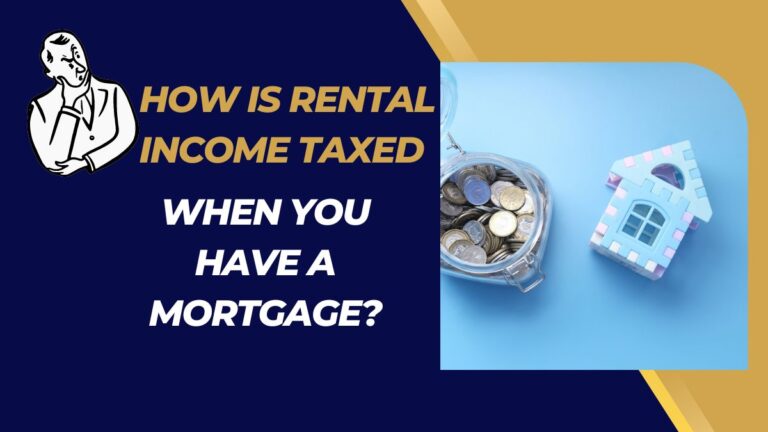Can You Defer A Mortgage Payment?
Welcome to our blog post, where we address a question that’s been on the minds of many homeowners: Can you defer a mortgage payment? Life can throw unexpected curveballs our way, and sometimes meeting financial obligations becomes challenging. Whether it’s due to unforeseen circumstances like job loss or medical emergencies, understanding your options when it comes to deferring mortgage payments is crucial.
In this article, we’ll dive deep into the world of mortgage deferrals, exploring what they are, how they work, and if they’re the right solution for you. So buckle up and let’s navigate through this financial maze together!
What is a Deferment?
A deferment is a loan modification that allows borrowers to delay payments on their mortgages. Often, this can help people who are struggling financially. Deferments can be granted by your lender for a number of reasons, such as being unemployed or having to take care of a family member.
There are some caveats to keep in mind when applying for a mortgage deferment, so make sure you ask your lender about it first.
How do I Request a Deferment?
If you are having trouble making your mortgage payment, you may be able to request a deferment. A deferment allows you to delay making a payment for a specific period of time. There are several guidelines that must be followed in order to qualify for a deferment, and there is typically a fee associated with the process.
If you are eligible for a deferment and choose to apply, it is important to keep track of the date your payment is due so that you do not miss any deadlines.
Costs Associated with a deferment
There are a few costs associated with a deferment. The most obvious cost is the interest accrued on the outstanding loan balance while the loan is deferred. This cost can increase the total amount of money that you will have to pay back when you finally do repay the loan.
Additionally, there may be fees associated with having your loan deferred, such as a prepayment penalty or an early repayment penalty. If you decide to withdraw your deferment request later on, you may have to pay back any fees that were incurred in order to maintain the deferment status.
FHA Guidelines for Deferments
If you are unable to make a mortgage payment on your house, you may be able to defer it. There are a few things that you need to know before you can start deferring payments. First, if you are in danger of losing your home because of not making payments, then the bank may allow you to defer. The bank will want proof that you will be able to pay back the loan and still keep your home.
Another thing that you need to know is that the bank may only allow one or two deferrals before they require that the mortgage be paid in full. If this happens, then it is important to find a new lender as soon as possible so that your mortgage does not get into further trouble.
Conclusion
Deferring a mortgage payment can be an effective way to save money on your mortgage. However, it’s important to understand the risks involved before you decide to defer a payment. If you don’t have enough saved up in reserve, deferring your mortgage could result in higher interest payments and may even lead to foreclosure.
Speak with a qualified lender or financial advisor for more information about whether deferring a mortgage is right for you.






